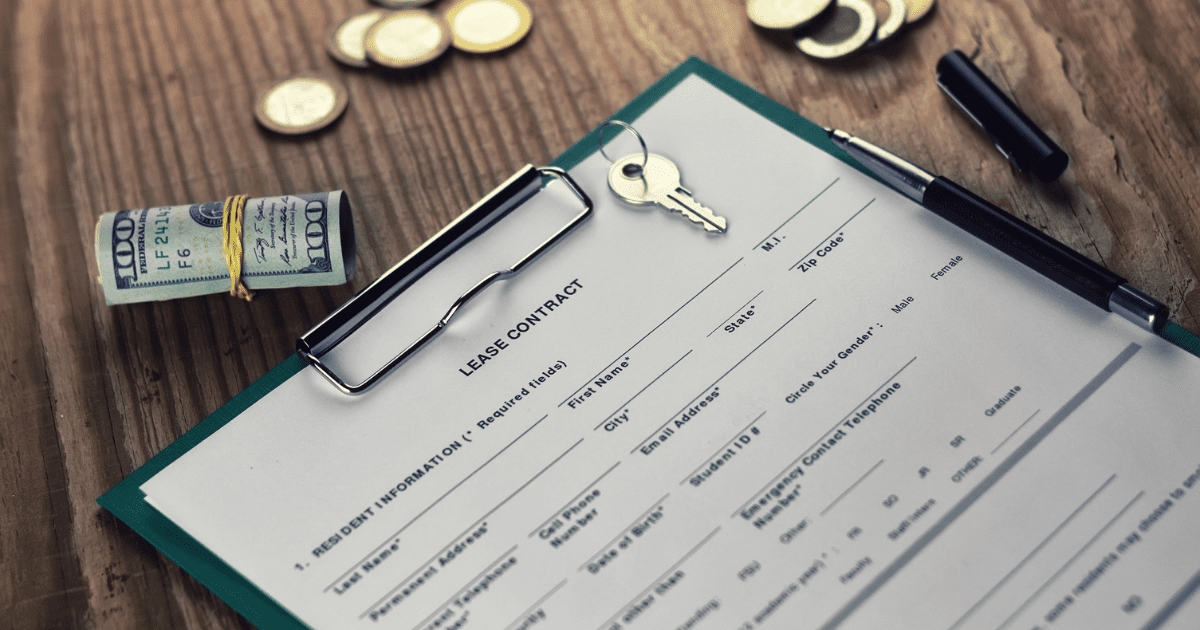Understanding NYC Lease Agreements
Navigating the world of lease agreements in New York City can be daunting, especially for newcomers. With its unique real estate market, NYC has specific rules and practices that can be confusing. This guide aims to provide practical, useful information to help you understand what to expect and how to handle lease agreements in the city.
Key Components of a Lease Agreement
A lease agreement in NYC is a legally binding contract between a landlord and a tenant. It outlines the terms and conditions of renting a property. Here are the key components you should be aware of:
- Rent and Security Deposit: The lease will specify the monthly rent amount and the due date. In NYC, landlords can ask for a security deposit, typically equivalent to one month’s rent. This deposit is held as security against any potential damage to the property or unpaid rent.
- Lease Term: This refers to the duration of the lease. Most leases in NYC are for one year, but some may be for two years or even month-to-month. It’s crucial to understand the term and any penalties for breaking the lease early.
- Maintenance and Repairs: The lease should clearly state who is responsible for maintenance and repairs. Generally, landlords are responsible for major repairs, while tenants handle minor issues. Ensure this is clearly outlined to avoid disputes.
- Utilities and Other Fees: Some leases include utilities like water and heat, while others do not. Make sure you understand what is included in your rent and what you will need to pay separately.
Rights and Responsibilities of Tenants
As a tenant in NYC, you have specific rights and responsibilities. Knowing these can help you protect yourself and ensure a smooth rental experience.
- Right to a Habitable Home: Landlords must provide a safe and habitable living environment. This includes functioning plumbing, heating, and electrical systems. If these are not provided, tenants have the right to request repairs.
- Rent Stabilization: Some apartments in NYC are rent-stabilized, meaning there are limits on how much rent can be increased each year. If you are in a rent-stabilized apartment, familiarize yourself with these rules to ensure your rent is being calculated correctly.
- Subletting and Roommates: If you plan to sublet your apartment or have roommates, check your lease agreement. Some leases prohibit subletting or require landlord approval. Violating these terms can lead to eviction.
- Security Deposit Return: Upon moving out, landlords must return your security deposit within a reasonable time, usually 30 days, minus any deductions for damages. Document the condition of the apartment when you move in and out to avoid disputes.
Tips for Negotiating and Signing a Lease
Negotiating a lease in NYC can be challenging, but it’s not impossible. Here are some tips to help you through the process:
- Research and Compare: Before signing a lease, research the neighborhood and compare similar properties. This will give you a sense of whether the rent is fair and if there are better options available.
- Read the Fine Print: Always read the lease agreement thoroughly before signing. Pay attention to clauses about rent increases, renewal terms, and any additional fees. If something is unclear, ask for clarification.
- Negotiate Terms: Don’t be afraid to negotiate terms with the landlord. This could include the rent amount, lease duration, or even requesting certain repairs or improvements before moving in. Be polite but firm in your requests.
- Get Everything in Writing: Any agreements or promises made by the landlord should be documented in writing. This includes any verbal agreements about repairs, rent adjustments, or other terms. Having a written record can protect you in case of disputes.
Navigating lease agreements in NYC requires attention to detail and a good understanding of your rights and responsibilities. By familiarizing yourself with the key components of a lease, knowing your rights as a tenant, and being prepared to negotiate, you can ensure a smoother rental experience in the city.
